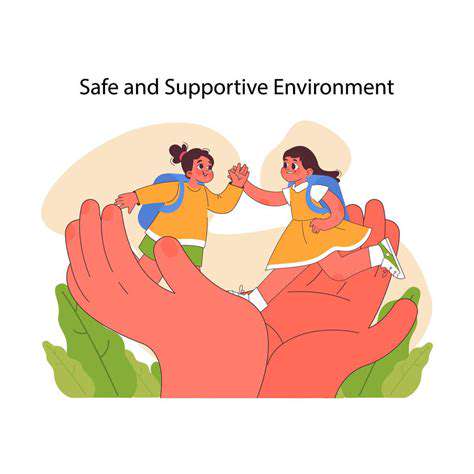Guide to Practicing Non Judgment Towards Yourself and Others
With self-compassion, mistakes become lessons rather than indictments. You start building a relationship with yourself that's supportive rather than punitive—a foundation for genuine growth.
Practical Strategies for Letting Go of Self-Criticism
Changing lifelong habits requires concrete tools. Mindfulness techniques help you notice critical thoughts without getting tangled in them—like watching clouds pass. Writing down these patterns helps trace their origins. When a harsh thought arises, ask: Would I say this to someone I love? If not, reframe it with kindness.
Surrounding yourself with encouraging people makes a world of difference—their voices can gradually replace the inner critic's. Sometimes professional help provides the tailored guidance needed to make lasting changes.
Embracing Imperfection and Acknowledging Flaws
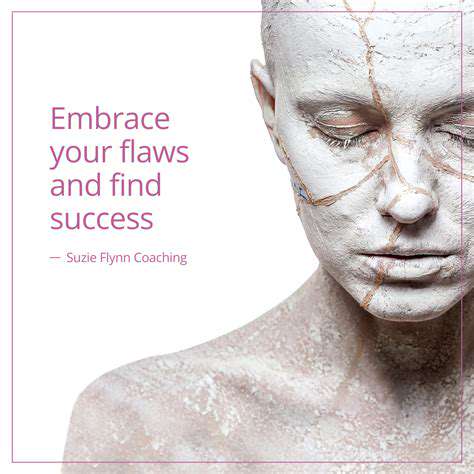
Embracing Imperfection as a Path to Growth
Accepting imperfection isn't about lowering standards—it's about humanizing them. Flaws aren't failures; they're proof you're trying. Each misstep offers data for improvement, not evidence of inadequacy. This mindset transforms obstacles into stepping stones, making progress feel possible rather than perfection the only acceptable outcome.
In a world obsessed with curated perfection, this approach is revolutionary. It gives permission to experiment, to risk, to innovate—because the alternative is stagnation disguised as safety.
Acknowledging Imperfection in Personal Relationships
Real connection flourishes when masks come off. Owning your quirks and vulnerabilities invites others to do the same—that's where true intimacy lives. It's not about tolerating poor behavior, but understanding that everyone carries unseen burdens. This awareness transforms conflicts into conversations and walls into bridges.
When you stop pretending to have it all together, you create space for others to breathe too. The relief is palpable—and the relationships that emerge are sturdier for their honesty.
The Importance of Imperfection in Professional Environments
Breakthroughs happen when teams feel safe to fail. Companies that celebrate intelligent risks—even when they don't pan out—cultivate cultures where innovation thrives. The most adaptable organizations aren't those that never stumble, but those that learn quickly from missteps.
This approach builds resilience. When challenges arise, teams accustomed to navigating imperfection pivot rather than panic. They understand that progress isn't linear—it's iterative.
Practicing Compassion Towards Yourself and Others
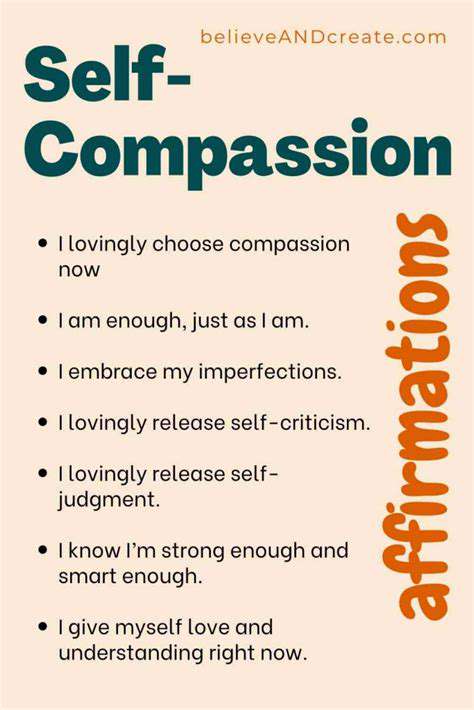
Cultivating Empathy
True compassion starts with stepping outside your own story. It's about listening to understand rather than respond—seeing through someone else's eyes even when the view makes you uncomfortable. Everyone's path is littered with obstacles you may never see. Recognizing this cultivates patience—with others and yourself.
Empathy isn't agreement; it's acknowledgment. That distinction makes all the difference in bridging divides.
Recognizing Suffering
Pain wears countless disguises—anger, withdrawal, perfectionism. Compassion begins when we look beyond behaviors to the hurt that fuels them. You don't need solutions to offer solace. Sometimes presence—the simple act of witnessing someone's struggle without judgment—is the most powerful gift.
Understanding Your Own Motivations
Your reactions often reveal more about you than the situation at hand. When you trace your emotional responses back to their roots, you gain the clarity to respond rather than react. This self-awareness prevents projecting your unresolved issues onto others' struggles.
Responding with Kindness
Compassion manifests in the small moments—the pause before a sharp retort, the coffee bought for a struggling coworker. These micro-acts of kindness ripple outward, often reaching further than grand gestures. They remind people—yourself included—that no one walks this road alone.
Practicing Patience and Acceptance
Healing and growth follow their own timelines. Compassion means holding space for someone's process without imposing your expectations. This might look like silence when you want to advise, or restraint when you want to fix. True support often means simply being there as someone finds their own way.
Mindfulness and Present Moment Awareness
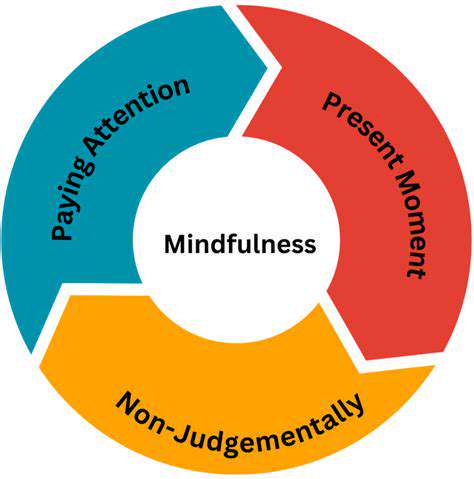
Cultivating Present Moment Awareness
Mindfulness isn't about emptying your mind—it's about noticing what fills it without getting swept away. When you observe thoughts like passing weather patterns, you gain perspective: you are not your thoughts. This detachment creates room to choose responses rather than defaulting to reactions.
Benefits of Mindfulness Practice
Research confirms what practitioners know: mindfulness rewires stress responses. By anchoring in the present, you short-circuit the spiral of what-ifs that fuel anxiety. The clarity that follows often reveals that the present moment—even when challenging—is more manageable than the imagined futures your mind creates.
Mindfulness in Daily Life
Transform mundane activities into meditation—feel water on your hands while washing dishes, notice your breath between meetings. These micro-practices weave presence into your day, creating oases of calm in life's busyness.
Techniques for Cultivating Mindfulness
Experiment to find what resonates. Maybe it's focusing on breath, perhaps body scans, or mindful walking. There's no right way—only what helps you return, again and again, to the now.
Mindfulness and Emotional Regulation
When emotions surge, mindfulness creates a pause button. Noticing I'm feeling angry rather than I am angry creates just enough space to respond thoughtfully rather than react impulsively. This distinction changes everything in relationships—with others and yourself.
Mindfulness and Stress Reduction
Stress often stems from resisting what is. Mindfulness teaches you to meet reality as it is—not as you wish it were—reducing the exhausting tension between the two. This acceptance isn't resignation; it's the starting point for effective action.
Cultivating Gratitude and Appreciation
Understanding the Power of Gratitude
Gratitude recalibrates your focus from scarcity to abundance. It's not about ignoring life's difficulties, but about balancing the scales by also noticing what's working. The morning sunlight through your window, a stranger's smile—these small moments, collected, can outweigh life's heavier aspects.
Recognizing the Benefits of Appreciation
Appreciation multiplies joy—both given and received. Noticing a colleague's effort or a partner's small kindness strengthens connections. When you verbalize appreciation, you not only uplift others but reinforce your own capacity to see goodness.
Practicing Gratitude and Appreciation Daily
Keep it simple: three things you're grateful for each night. Thank one person daily. These small, consistent acts train your brain to scan for positives rather than fixate on negatives. Over time, this shift becomes second nature.
Overcoming Obstacles to Gratitude
Some days gratitude feels impossible—that's human. On those days, look for the tiniest glimmers: a warm bed, a functioning faucet. The practice isn't about denying pain but about refusing to let it eclipse everything else. Some seasons require professional support to regain perspective—that's wisdom, not weakness.
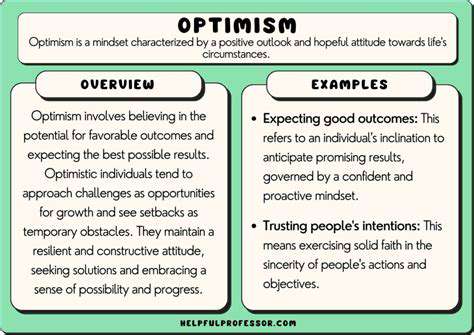
![Best Books on Mental Health and Well being [Recommended Reads]](/static/images/26/2025-05/CultivatingSelf-CompassionandPositiveSelf-Talk.jpg)

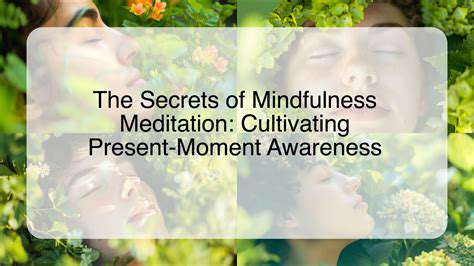

![Best Snacks for Diabetics [Approved List]](/static/images/26/2025-05/HealthyFatsandComplexCarbohydrates.jpg)

